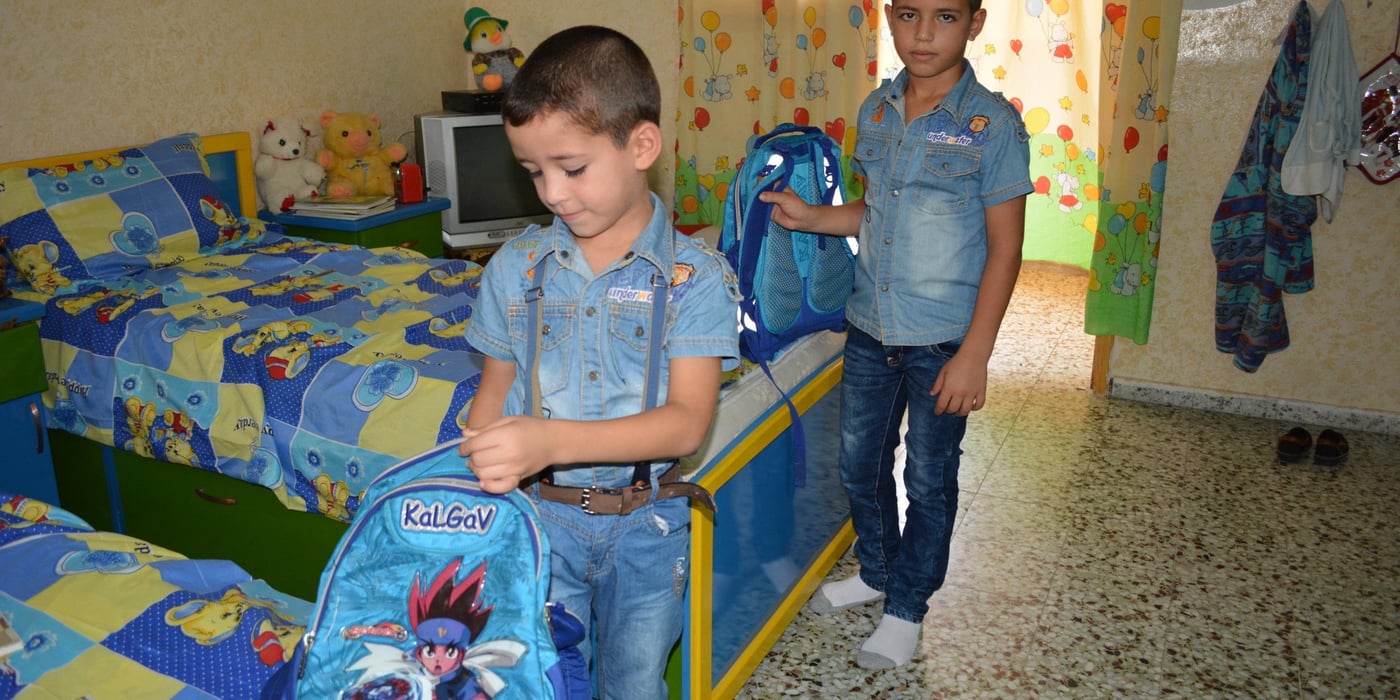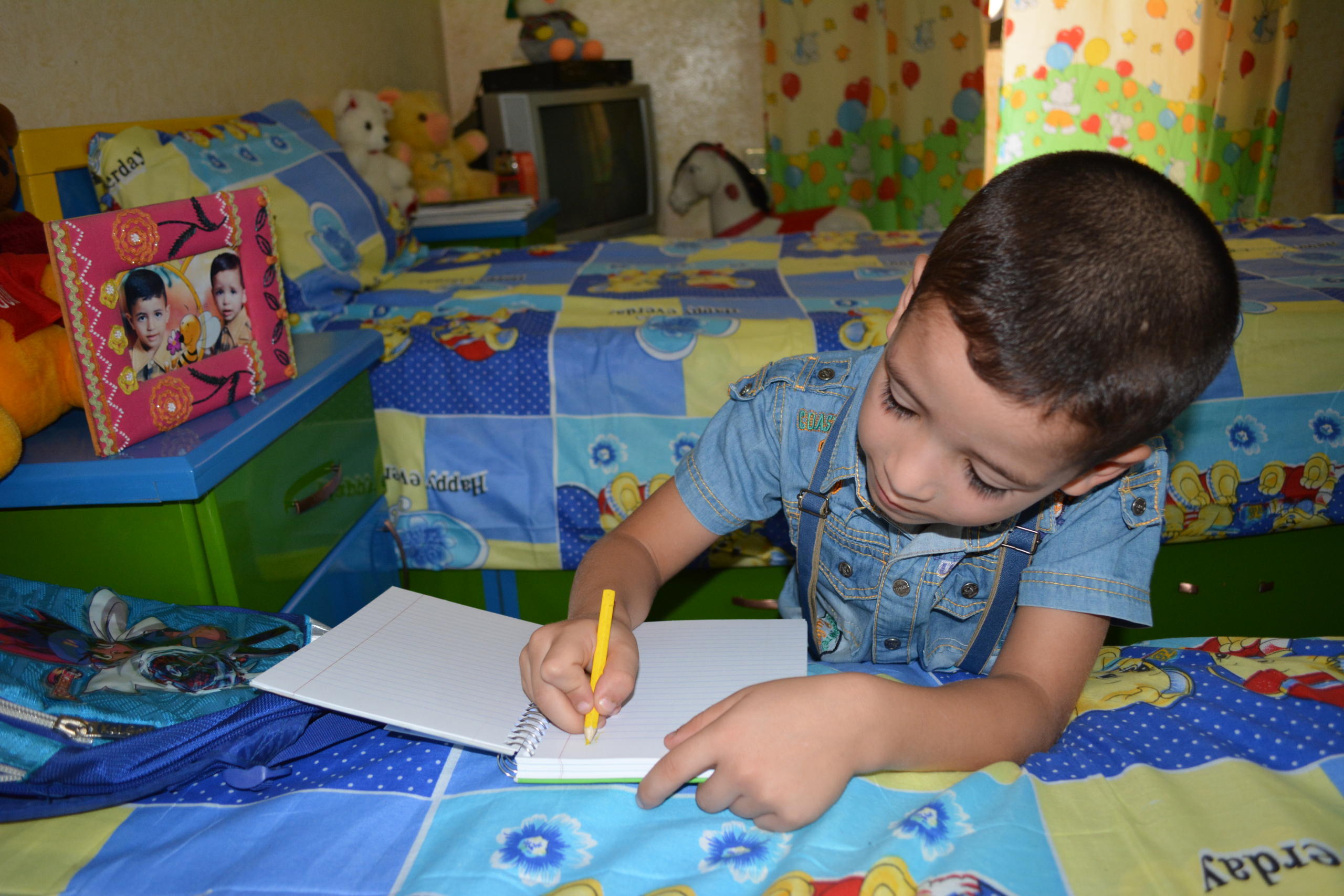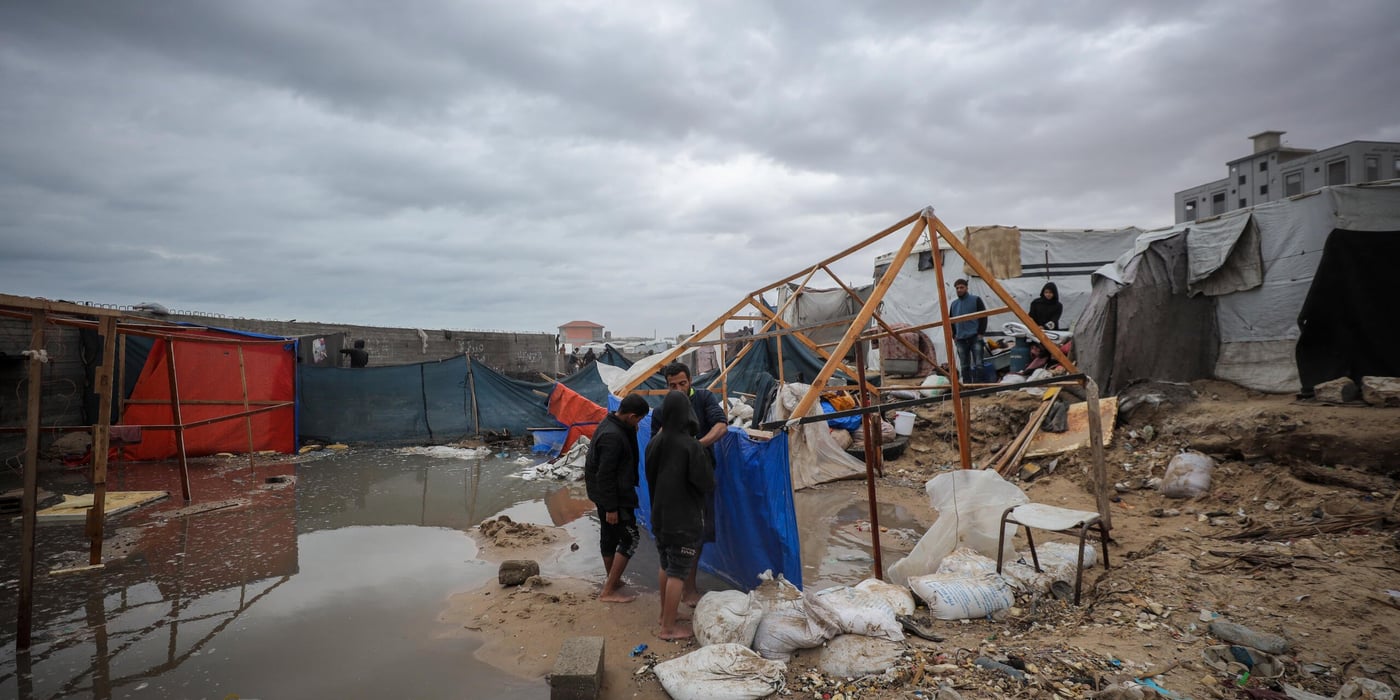
The UN agency for Palestinian refugees (UNRWA) declared this week that after managing to increase donor contributions, it will be opening its schools for over 500,000 Palestinian students across the Middle East.
In Gaza, where thousands of children are still recovering from the trauma of last year’s brutal 51-day war, the prospect of schools not opening added to their woes. The start of school was delayed last year because so many schools were destroyed or being used as temporary shelter for more than ten thousand Gazans displaced by the war. This year, the schools’ opening was under question yet again; this time because of funding.
“Parents were calling us to find out if schools were going to open on time,” says Hanaa Qudaih, Teacher Support Officer for the Norwegian Refugee Council (NRC) in Gaza, where more than 250,000 children attend UNRWA schools. “Parents were worried about the negative impact this would have on their children and they were concerned about their academic future. They started wondering if this will negatively affect their children’s behaviour, discipline and self-confidence.” Through the Norwegian Refugee Council’s Better Learning Program (BLP), additional psychosocial help was provided to the students traumatised by the war. This intervention aimed at strengthening their resilience and educational capacity.
Mohammed Al Najjar, 37, greeted the news of the schools opening with great relief. Like thousands of other parents, he had been extremely worried about his children’s future, faced with the possibility of their school being postponed again this year.
“We used to think that education was untouchable,” he says. “We never thought that a day would come where schools could be postponed due to a lack of funding. On the contrary, we were expecting more services to be provided for the children after the devastating war of last summer. This could have seriously impacted the children; it would affect their future and mental health to keep thinking that schools could be postponed or cancelled. We have no other alternatives to teach our children.” His wife, Um Amir, says UNRWA’s declaration put an end to the uncertainties that were worrying her and so many other parents.
“The past few days have been very difficult on both students and parents, and as a mother I was thinking of possible alternatives to save my children from any damage to their education and wellbeing. I hope we never go through this experience ever again, and that education will continue to be a top priority for everyone.”
Her two sons were equally overwhelmed with joy:
“I am very happy that I will be going to school again, and I will write and draw a lot to show how much I love school. I want it to never be closed or cancelled,” said Imam, 7. His brother Amir, 9, added: “I was very anxious about my future, and how I could become an engineer without going to school. But when school starts, I will study hard and do my best so the world knows that we are worthy of having schools and so that they will never be in danger of closing again”.

Imam Al Najjar, 7, writes in his school notebook. Photo: NRC/ Mazen Naim
Palestinians cherish their children’s education and passionately embrace this universal human right. Bearing in mind the circumstances under which most children in Gaza have to live, witnessing war after war and a crippling blockade; opening the school doors is one step towards helping them restore hope in the future. Yet the uncertainties and hopelessness brought about by eight years of blockade can only be relieved if the blockade is lifted.
In government schools, dedicated teachers still continue to teach even if many of them haven’t received salaries in months, but these circumstances have taken their toll on teachers and parents. “Teachers are worried that the crisis may continue and that there might be layoffs says Mahmoud, a 29-year-old UNRWA teacher. According to a report by the International Monetary Fund (IMF), unemployment in Gaza is already among the highest in the world, with youth unemployment reaching a staggering 63% in 2014. But also “The impact on children would be devastating; they would be left out on the streets without the guidance and discipline that schools provide. Added to that, postponing schools sends the wrong message about the importance of education,” Mahmoud says.
NRC has been providing psychosocial support for traumatised children, providing educational materials, organising recreational activities and awareness sessions for parents.
“One of the most inspiring things was to see that a good number of children started recovering and somehow moving back to a normal life,” NRC’s Hanaa Qudaih says. “It is now our duty to make sure that none of that is undone.”



